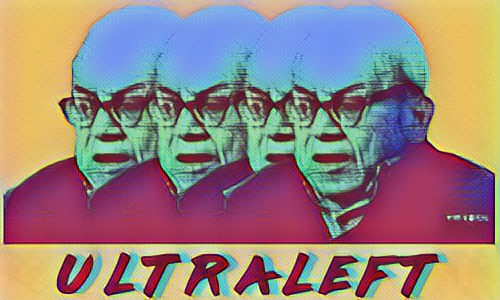Logos, Reason, and Knowledge
Pragmatists offer a theory devoted to practical questions arising from human life. Knowledge is a success term on two fronts. First, with knowledge we have truth. Second, we, in obtaining that knowledge have expressed our rationality.
On the infinists view, since everything can be questioned, the quest for knowledge is a never ending process of answering questions and opening new ones. Pragmatists view is that one not need address the ultimate questions before proceeding with inquiry regarding nonultimate issues. What is necessary, then, fir those seeking knowledge is not an inclination to find unshakable theses, but an openness to criticism, a willingness to change ones mind, and the attitude that any one purportedly known truth could be false.
Many pragmatists have taken it that epistemology Im general is futile. The anti-epistemologist reasons that there can be no universal epistemology since there is a variety of lives and a multiplicity of values.
Some hold that pragmatism is not a rejection of the epistemological project but a reconstruction of the theory of knowledge in light of the limitations and interests of knowers. Pragmatists positive epistemological trajectory is posited on three substantive theses about knowledge.
- Anti-foundationslism: Knowledge neither has nor requires foundations.
- Fallibilism: All beliefs are open to rational revision.
- Instrumentalism: Knowledge and the quality of one’s reasons depends on one’s interests.
The problem traditional foundationalism was supposed to solve is the regress problem. The traditional account held that thee are three options for the structure of reasons: either they go in a circle, stop with some beliefs, or go on to infinity. Circles are question begging, and giving reasons to infinity hardly seems possible for finite creatures. That leaves us with the view that there must be reasons that one may have without further reasons.
Pierce’s epistemic infinitism was the first pragmatist a see to the quandary as to how one may know in the face of the regress of reasons: inquiry proceeds infinitely, there is no end to the asking and answering of questions. Knowledge is rational not because it has a foundation but because it is self-correcting enterprise which can out any claim in jeopardy, though not all at once.
Presumptive or plausible reasons provide a surrogate for the best possible reasons on the final truth of the matter, and so long as we do not hold them as though they were irrefutable in the face of criticism or counter evidence, or seems reasonable for us to have them and operate on the basis of them. Call the view that beliefs may be rationally held on plausible reasons presumptivism.
Plausible reasons are commitments on may hold provisionally true. However, when evidence runs against them we are obliged to forgo them. Presumptive reasoning is a unique and noninfinist way of responding to the regress problem.
Paul Tillich’s logos-structured epistemology is to be grasped on a level of one’s own reality and of reality generally that is not determined by the subject-object structure of finitude, but that underlies this structure. Commitment in this dimension does not mean the surrender of oneself as subject to an object, even the ‘highest’ object as popular theism demands. It means rather the participation of the whole personality in that which transcends objectivity as well as subjectivity.
Because Tillich sees epistemology (knowledge) as rooted in ontology (being), he uses the Greek word logos to describe the fundamental unity of knowledge in being.
The two forms of reason should coexist to support each other, which is the issue of the proper relationship between empirical and existential knowledge. A technical reason removed from its ontological depths is inherently inhuman, for it turns Humanity and nature into mere objects to be calculated and controlled. At the same time, an existential reason without a technical function is impossible, for a basic element of the human spirit is its technical creativity and drive to go beyond the merely given.
Logos is the event in which subject and object are reconciled. Truth is a fruit of reconciliation. In the state of estrangement the subject is not able to recognize the essential unity of itself in the object, consequently it is driven from one object to the other in that empty infinite regress of desire which characterizes the modern man in his estrangement from nature and himself.




Comments
Post a Comment